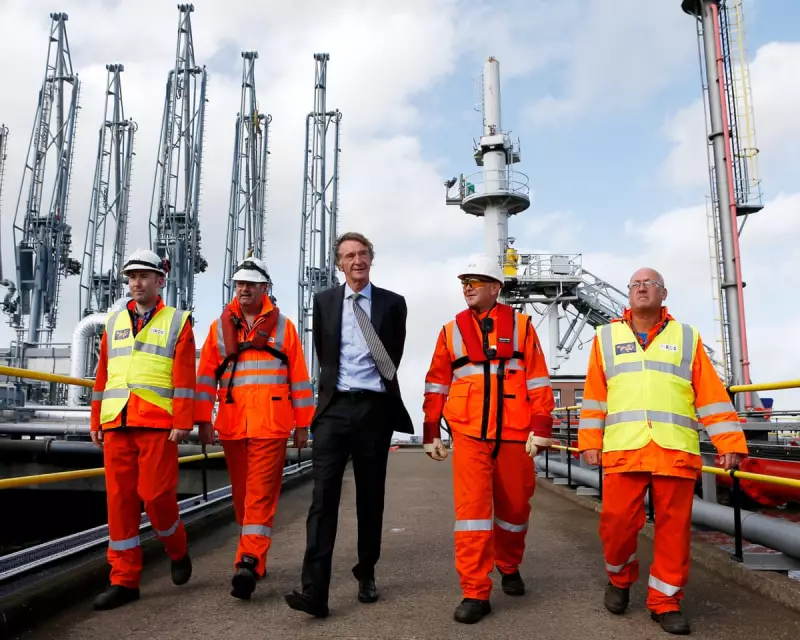
A stark new health assessment has cast a dark shadow over Ineos's massive new plastics plant in Antwerp, revealing that the facility's air pollution could be responsible for hundreds of premature deaths across Europe.
The Human Cost of Chemical Production
According to detailed analysis, fine particle pollution from the £3 billion Antwerp complex may lead to approximately 400 premature deaths over the next four decades. The health impact extends far beyond Belgium's borders, with neighbouring countries including the Netherlands, Germany, and potentially the UK expected to bear significant consequences.
This troubling revelation stands in sharp contrast to the job creation promises that helped secure approval for the controversial project.
Jobs Promise Versus Reality
While Ineos initially touted the creation of 3,000-4,000 jobs during construction and 450 permanent positions, the current reality tells a different story. The plant currently employs just 250 permanent staff, with only 50 of these being newly created roles.
The remaining positions were transferred from other Ineos facilities, raising serious questions about the project's net employment benefit to the region.
Environmental Campaigners Sound Alarm
Climate and health organisations have expressed grave concerns about the findings. "This report confirms our worst fears about the true cost of this facility," stated a spokesperson for the Antwerp-based environmental coalition. "We're trading human lives for plastic production that Europe doesn't need."
A Wider Pattern of Pollution
The Antwerp plant isn't an isolated case. Research indicates that just 10 industrial clusters across Europe, many producing plastics and chemicals, collectively contribute to thousands of pollution-related deaths annually.
Key concerns identified by health experts include:
- Fine particulate matter (PM2.5) penetrating deep into lungs
- Increased risk of respiratory and cardiovascular diseases
- Disproportionate impact on vulnerable communities
- Cross-border pollution affecting multiple nations
Industry Response and Future Implications
Ineos has defended its environmental record, highlighting investments in emission-reduction technologies. However, critics argue these measures fall short of addressing the fundamental health risks posed by such large-scale chemical operations.
The findings are likely to intensify scrutiny of similar projects across Europe as policymakers grapple with balancing economic development against public health and environmental protection.





